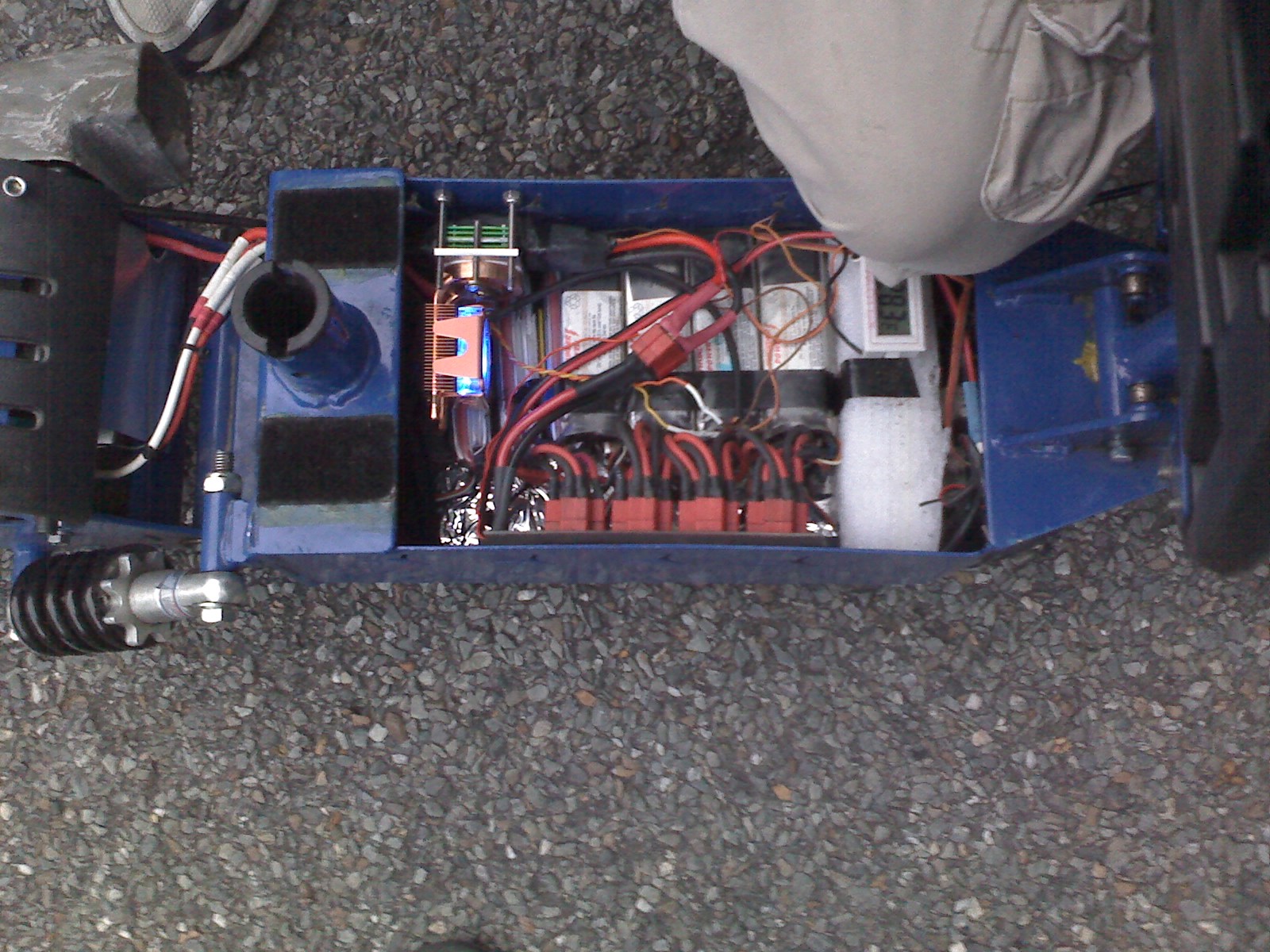honegod
[H]F Junkie
- Joined
- Aug 31, 2000
- Messages
- 8,327
Given that batteries are getting smaller and better,
Has anyone yanked the circuit board from a UPS and installed it inside the computer case ?
A fistful of electric bicycle battreries could be scattered around inside the case using unused space and wired together.
Would the ups circuitry freak out at the different batteries, or what ?
Has anyone yanked the circuit board from a UPS and installed it inside the computer case ?
A fistful of electric bicycle battreries could be scattered around inside the case using unused space and wired together.
Would the ups circuitry freak out at the different batteries, or what ?
![[H]ard|Forum](/styles/hardforum/xenforo/logo_dark.png)
